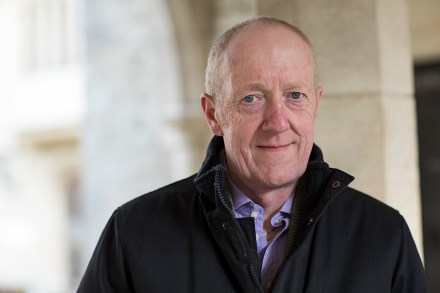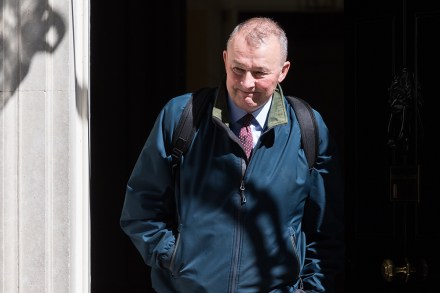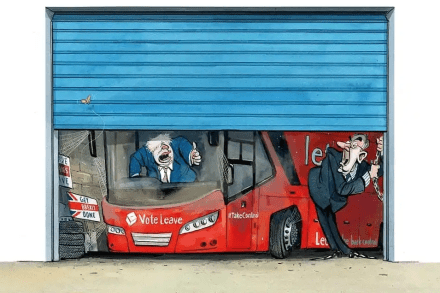Caerphilly by-election: ‘a tale of two faces’
16 min listen
On the face of it, the Caerphilly by-election result is a disaster, a drubbing and a humiliation for Keir Starmer’s Labour party. A once secure bastion of the Welsh Labour heartlands fell without a squeak from the governing party. Their vote collapsed to a miserable 11 per cent, while Plaid Cymru won with 47 per cent and Reform surged to second place with 36 per cent. The result suggests Labour is on course to surrender a boatload of seats at the 2029 general election, both to Reform and to whatever protest party is best suited to beat the government around the head – be it Plaid, the Greens, the Corbynites,




















